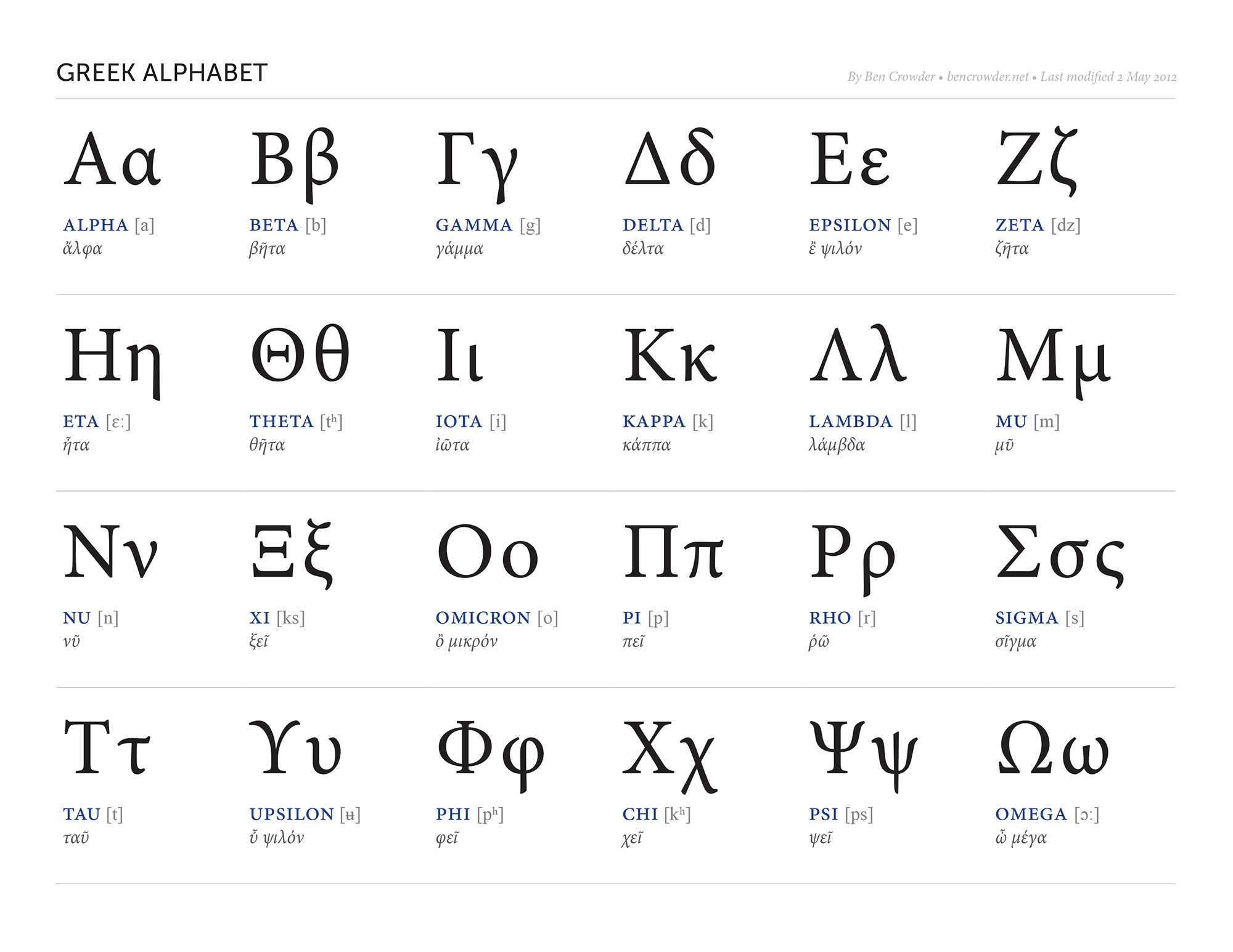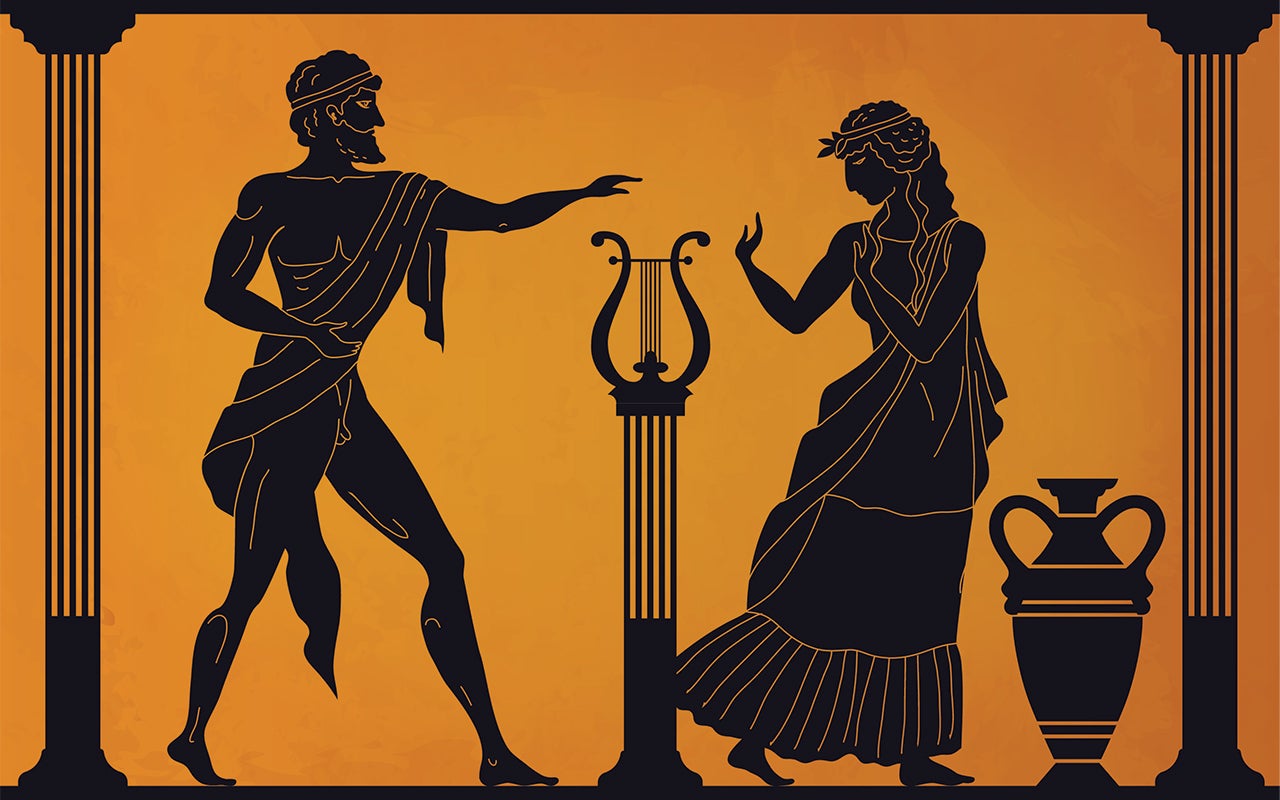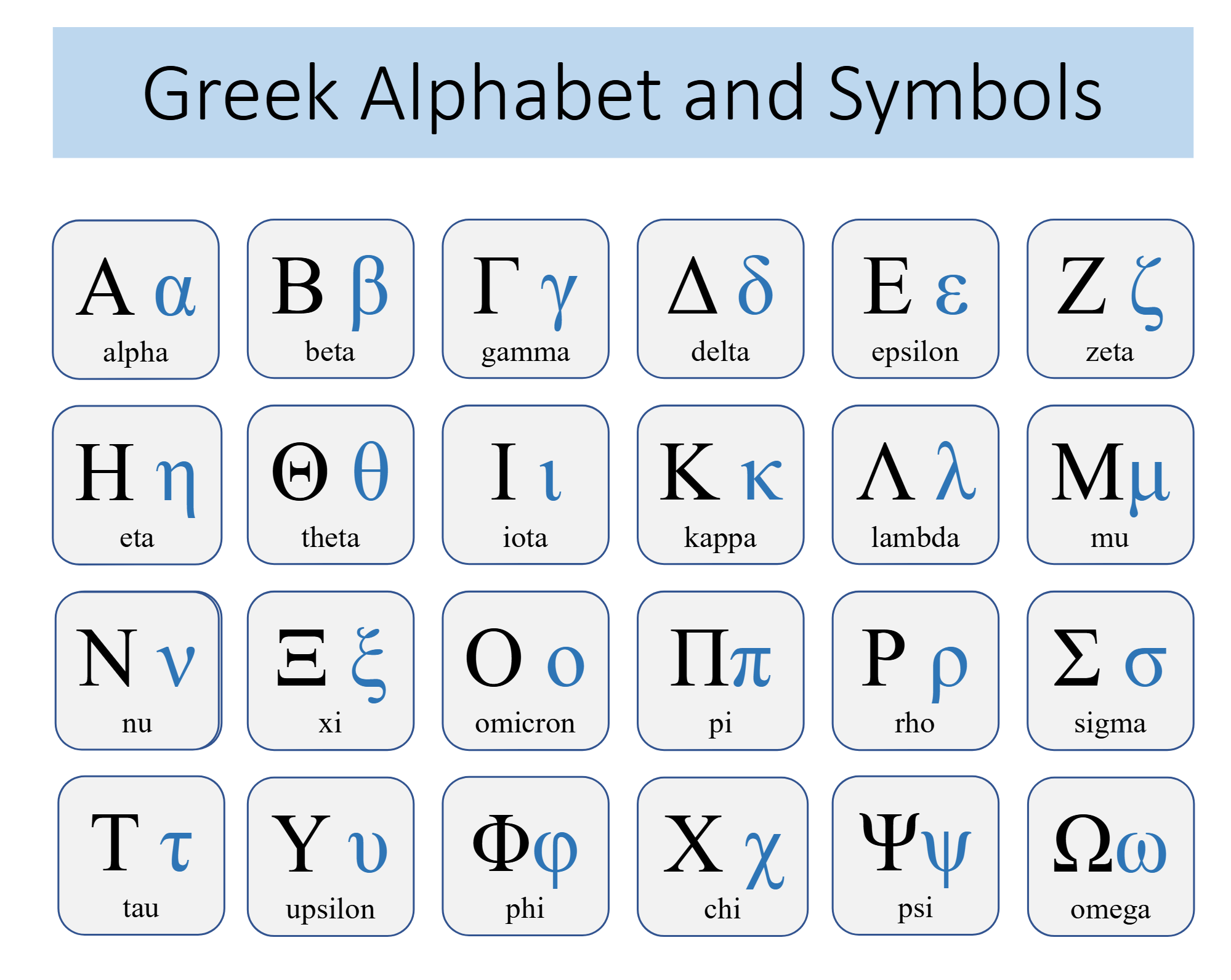Greek Festival SLO - A Look At Hellenic Heritage
Imagine a place where the aromas of delicious food fill the air, where sounds of lively music invite you to tap your feet, and where stories from a very old culture come alive. It's almost like stepping into a different part of the world, right here in your own community. This kind of gathering, you know, celebrates a rich and enduring heritage that has shaped so much of what we experience today.
When we think about Greek culture, we often consider its deep historical roots, its distinctive language, and the truly wonderful food that has become so popular across the globe. These are the elements that, in a way, form the heart of what makes Greek traditions so special. A local festival, for instance, could be a fantastic chance to get a closer look at these aspects, offering a taste of something quite unique and really quite old.
Such an event, perhaps a Greek festival in SLO, might just be the perfect opportunity to connect with these long-standing customs and tastes. It’s a chance, too, to experience a little bit of Greece without having to pack your bags. You might find yourself learning a little something new, or simply enjoying the good company and the amazing flavors that are so characteristic of this vibrant culture.
- Two Babies One Fox X
- Discovering The Multitalented Max Minghella An Artistic Journey
- Bomb Threat At Atlanta Airport Today
- Fiona Gallagher Shameless
- Is Cal Raleigh Married
Table of Contents
- What Makes Greek Culture So Special for Greek Festival SLO?
- Savoring Flavors - Food Experiences at Greek Festival SLO
- Beyond the Plate - The Richness of Greek Heritage for Greek Festival SLO
What Makes Greek Culture So Special for Greek Festival SLO?
When you think about the things that give Greek culture its unique feel, you are, in a way, thinking about something that has been around for an incredibly long time. This is a culture with roots that reach back through countless generations, shaping everything from how people talk to the stories they tell. It's a heritage that truly stands out, you know, for its deep connection to the very beginnings of Western thought and ways of living. There's a certain enduring quality to it, a feeling of something truly foundational that still influences so much of what we see and hear today. This makes it, perhaps, a pretty fascinating subject to explore, especially when you consider how much it has given to the world.
The spoken word, for example, holds a very special place in this long story. Greek has been used in the Balkan Peninsula for a really, really long time, going back to around the third millennium BC, or maybe even before that. Just think about that for a moment, how many centuries that covers. The very earliest written proof we have of this language, as a matter of fact, comes from a Linear B clay tablet discovered in a place called Messenia. This little piece of baked earth, you see, offers a tiny window into a way of communicating that was happening thousands of years ago. It’s quite amazing to consider how those sounds and symbols were put down for others to read, even back then, and how they’ve stayed with us through all that time. It tells you something about the persistence of human expression.
The Ancient Roots of Language at Greek Festival SLO
The deep history of the Greek language is, you know, something that really sets it apart. It’s not just a way of speaking that people use today; it’s a living link to civilizations that existed long before our current times. To think that words spoken in ancient Greece, perhaps by philosophers or poets, still resonate in the language used by people going about their daily lives today is, well, pretty remarkable. This enduring quality of the language, with its long line of speakers, is a testament to its strength and its capacity to adapt over thousands of years. It’s like a continuous thread that connects different eras, showing how ideas and ways of thinking have been passed down from one generation to the next. That, I mean, is a pretty cool thing to consider when you think about the deep past of a culture.
- %D9%83%D9%85 %D8%A7%D9%84%D9%85%D8%B3%D8%A7%D9%81%D8%A9 %D8%A8%D9%8A%D9%86 %D8%A7%D9%8A%D8%B1%D8%A7%D9%86 %D9%88%D8%A7%D8%B3%D8%B1%D8%A7%D8%A6%D9%8A%D9%84
- Sowte Ifsa
- Aisah Sofey Leaked
- Sotwe T%C3%BCrkk
- Thanos Actor Age Squid Game
When you think about the beginnings of written language, the Greek alphabet, too, has a truly special place in that story. It’s a system of writing that has been in use since about 900 BC to put down the Greek language. What makes it particularly interesting, you see, is that it was the first writing system to use a separate mark for each vowel sound and each consonant sound. Before that, many writing systems might have just shown consonants, leaving the reader to guess the vowels. So, this was, in a way, a big step forward in making written communication clearer and easier to learn. It’s also considered the oldest alphabetic system of its kind, which is, you know, a pretty significant claim to fame in the history of human communication. This innovation really changed how people could record and share information, making it a very important part of how knowledge spread across different groups of people.
How Greek Letters Shape Our World, Even at Greek Festival SLO
The influence of Greek letters extends far beyond just writing the modern Greek language, which is spoken by at least 13.5 million people today in Greece and other places like Cyprus. You might not realize it, but these very letters show up in lots of different areas of our lives, especially in fields that rely on precise symbols. For instance, in the worlds of mathematics and science, those familiar Greek letters, like alpha, beta, and gamma, are used all the time as symbols for various concepts and measurements. It’s a bit like a secret language that scientists and mathematicians all over the globe understand, no matter what their native tongue might be. This widespread use really shows how foundational the Greek alphabet became, providing a common set of characters for complex ideas.
The Greek alphabet, interestingly enough, has its beginnings in the Phoenician alphabet. It’s a pretty good example of how ideas and systems can travel from one group of people to another, getting changed and improved along the way. And, in turn, the Greek alphabet itself gave rise to other writing systems that we use today. So, in a way, many of the letters you are reading right now have a family connection back to those ancient Greek characters. The native name for the language itself is Ελληνικά, or elinika, which sounds like [eliniˈka] when spoken. It’s the official language of Greece and Cyprus, and it’s also one of the 24 official languages used by the European Union. This status means it holds a special place in the workings of a very large international organization, which is, you know, a pretty big deal for a language with such a long past.
Savoring Flavors - Food Experiences at Greek Festival SLO
When we talk about Greek culture, it’s almost impossible not to mention the food. The cuisine is, well, something truly special, known for its fresh ingredients, wonderful aromas, and flavors that make your taste buds sing. It’s a style of cooking that often feels like a warm embrace, full of dishes that have been perfected over many generations. You can find everything from simple, wholesome meals to more elaborate preparations, all with that distinct Mediterranean feel. The way the food is prepared, you know, often reflects a deep respect for tradition, using recipes that have been passed down through families. It’s not just about eating; it’s about sharing, celebrating, and connecting with a long history of hospitality. That, I mean, is a very important part of what makes Greek food so appealing to so many people.
The idea of indulging in authentic Greek cuisine is, for many, a big draw, and it’s something you can experience in various places, even far from Greece itself. For example, if you were looking for the best Greek food in Munich, Upper Bavaria, you’d find places that offer everything from traditional tastes to modern twists on classic dishes. Imagine being able to experience the very best of Greece right in the middle of Bavaria; it just goes to show how widely appreciated this cooking style has become. People often share their thoughts on these places, with reviews from travelers on sites like TripAdvisor helping others find good spots based on price, location, and other things. These reviews give you a pretty good idea of what to expect, and they often highlight what people are saying about the Greek restaurants in Munich. It’s a way, you know, for word of mouth to spread about truly good food, even across different countries.
From Munich's Best to Your Plate at Greek Festival SLO
The reputation of Greek food is, you see, something that travels far and wide. It’s not uncommon to hear about a particular Greek restaurant being highly recommended by someone who has, perhaps, traveled a lot and knows good food when they taste it. For instance, there was a very well-traveled gentleman in a local area who, as a matter of fact, suggested certain Greek restaurants in Munich. This kind of personal recommendation, you know, often carries a lot of weight because it comes from someone with firsthand experience. It speaks to the consistent quality and appeal of Greek cooking, no matter where it’s being served. The ability to find such authentic tastes outside of Greece itself is, in a way, a testament to the passion of those who prepare and share these traditional meals. It truly shows how much people value food that is made with care and respect for its origins.
When you look at menus from places that serve Greek food, you often find a wonderful mix of dishes that celebrate family traditions alongside some newer ideas. Take, for example, some restaurants that have updated their offerings to include numerous family Greek recipes, which are often the heart and soul of Greek cooking. These are the dishes that grandmothers and mothers have made for generations, full of comfort and familiar flavors. You might also find homemade gyros, which are, you know, a very popular and satisfying street food, along with fresh salads that bring a bright and healthy touch to the meal. And then, there are places that get a little creative, offering new, innovative Greek-inspired American classics, such as the pitaburger. This kind of dish shows how Greek culinary ideas can blend with other food traditions, creating something both familiar and exciting. It’s a way, too, of keeping the food fresh and interesting while still honoring its roots.
What Culinary Delights Await You at Greek Festival SLO?
Thinking about the various places where you can find Greek food, like in Lafayette, Indiana, you can, you know, get a good sense of the kind of experience people are looking for. On websites like YP.com, you can see reviews, photos, and even directions and phone numbers for Greek restaurants in that area. This kind of information is really helpful because it allows people to get a feel for a place before they even visit. The photos, for instance, can give you a visual idea of the dishes and the atmosphere, while the reviews often tell you what other diners thought about the taste, the service, and the overall experience. It’s a way, you see, for people to share their dining adventures and help others make good choices when they’re looking for a meal that truly satisfies.
The discussions around Greek restaurants, whether they are in Munich or Lafayette, often focus on the authentic taste and the experience of the food. People want to know, for example, what others are saying about the Greek restaurants in a particular area. Is the food truly traditional? Does it have that homemade feel? These questions are important because they speak to the desire for a genuine connection to the culture through its cuisine. When someone leaves a review, they are, in a way, sharing their personal impression of the meal, which can be very helpful for someone else trying to decide where to eat. This kind of feedback, you know, builds a picture of what makes a Greek restaurant stand out, whether it's for its classic flavors or its interesting new takes on old favorites. It’s all about finding that special something that makes the food memorable and enjoyable for everyone who tries it.
Beyond the Plate - The Richness of Greek Heritage for Greek Festival SLO
While the food is certainly a major draw and a wonderful way to experience Greek culture, there is, you know, so much more to this heritage than just what you find on a plate. The history, the mythology, the very structure of the language, and the broader cultural aspects all come together to form something incredibly rich and deeply interesting. It’s like looking at a very detailed picture, where every small part contributes to the overall beauty and meaning. This comprehensive view of Greek life, as a matter of fact, offers a deeper appreciation for the people and their long-standing traditions. It’s about understanding the stories they tell, the ways they think, and the values that have guided them for thousands of years. This broader scope, in a way, adds many layers to the experience, making it far more than just a simple tasting of food.
When you think about the ultimate guide to Greek history, mythology, the alphabet, language, and culture, you are, in a sense, looking at a complete picture of a civilization that has given so much to the world. This kind of guide would cover everything from the political developments of ancient times to the fascinating tales of gods and heroes that have inspired countless works of art and literature. It would also touch upon the practical aspects of the language, like how it is put together, and the significance of its writing system. All of these pieces fit together to create a full sense of what Greek heritage truly means. It’s a way, too, of finding ideas and tips for a future trip, should you decide to explore Greece itself. The connections between the past and the present are, you know, pretty evident in every aspect of this enduring culture.
Is Greek Grammar Really "All Greek to Me" at Greek Festival SLO?
The phrase "Its all Greek to me" is something many people say when they encounter something they don't quite grasp, and it’s, you know, a pretty common saying. It playfully hints at the idea that the Greek language, with its different ways of putting words together, might seem a bit complicated to someone unfamiliar with it. However, when you look a little closer at how Greek nouns work, it’s actually quite logical, even if it’s different from what some people are used to. Greek nouns, for example, change their endings based on their case, their number, and their gender. This means the form of a word shifts depending on whether it’s singular or plural, whether it’s a masculine, feminine, or neutral thing, and what role it plays in the sentence. It’s a system that adds a lot of precision to how things are said.
In modern Greek, there are, as a matter of fact
- Moderno Sombreados Cortes De Cabello Hombres
- 2 Babies One Fox
- Morgan Wallen Concert Length
- Where Is Phoebe Cates Now A Look Into Her Life And Career
- Mysterious Skin Bathroom

Greek Alphabet — bencrowder.net

Greek Mythology: Gods, Goddesses & Legends | HISTORY

Fastest Way to Learn Greek: Tips and Techniques